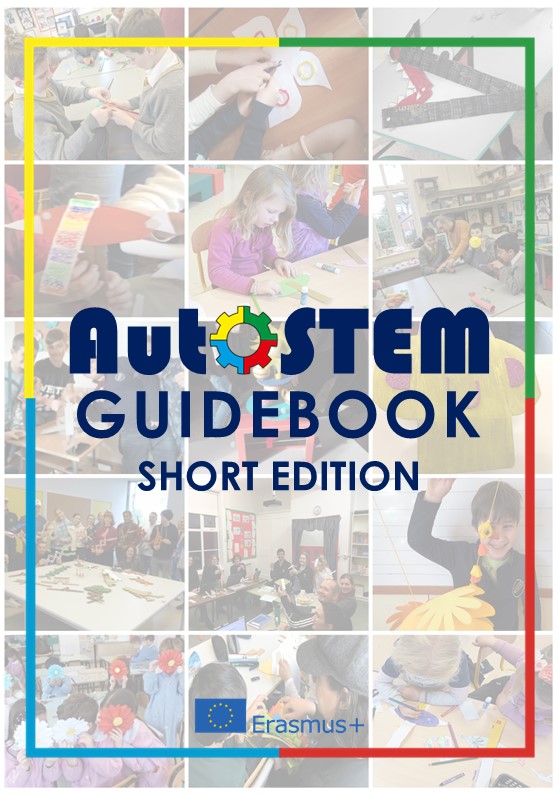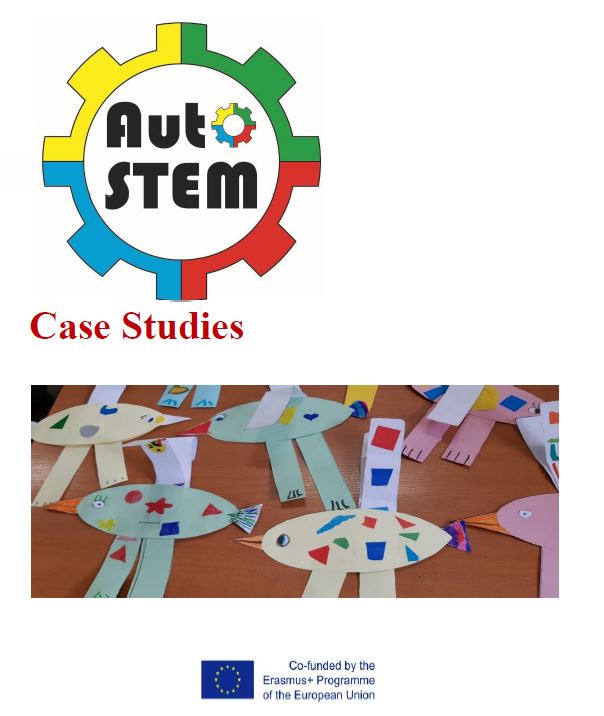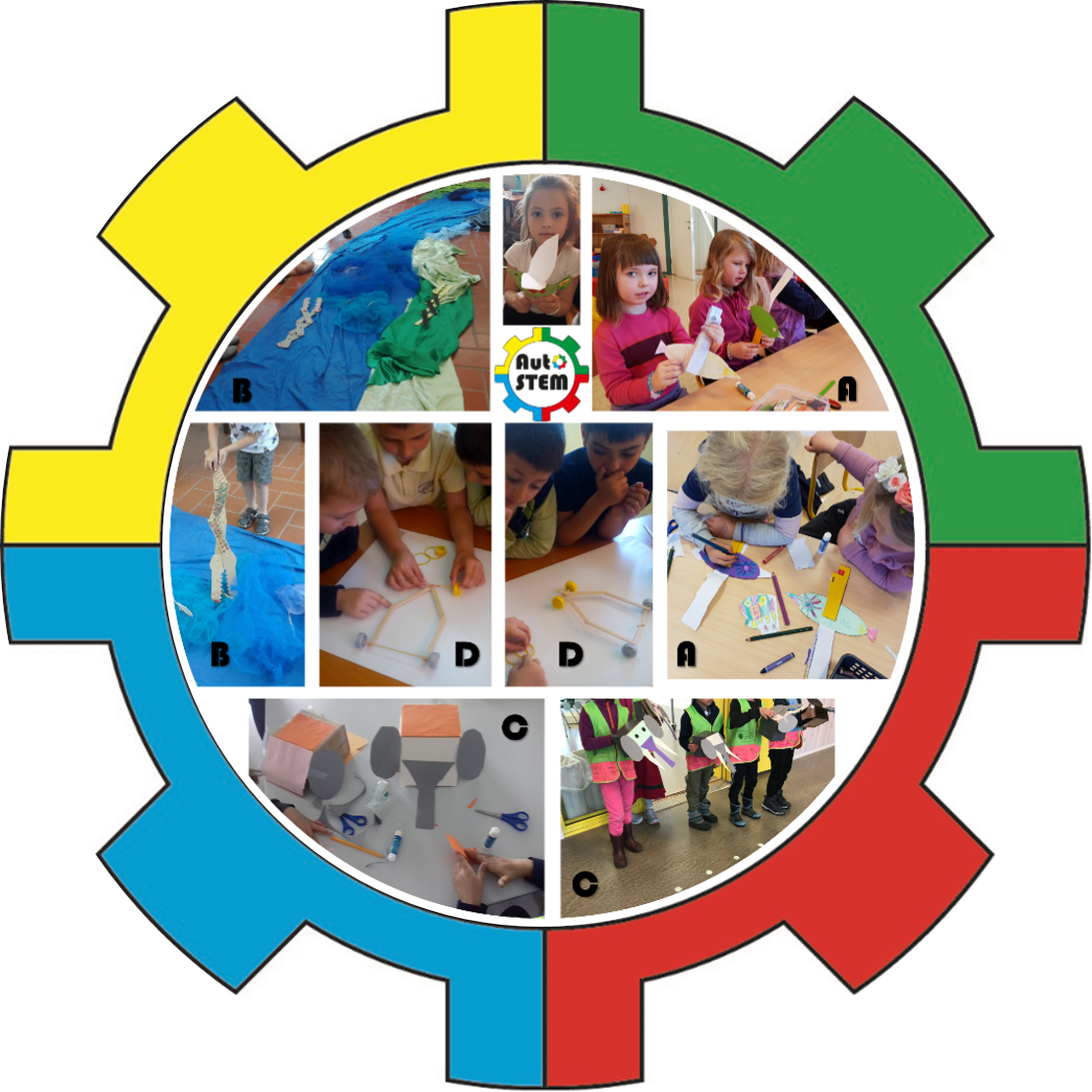The AutoSTEM Guidebook is a guide for teachers and educators on how to use the resources that have been created within the project, from a pedagogical aspect. It directs access to all this information, and is organized with QR codes directed to all the important documents, videos or pages. The guide is available in the five project languages. The Guidebook can be found in a short version (approx. 50 pages) and in an extend version (approx. 190 pages).

You can download the Guidebook English version here
You can download the Guidebook Italian version here
You can download the Guidebook Bulgarian version here
You can download the Guidebook Norwegian version here
You can download the Guidebook Portuguese version here
Here you can download the AutoSTEM Guidebook Extended version

The case studies report on some of the findings from workshops and teacher training by the project partners in their countries. There are twelve case studies included these are categorised in three broad areas:
- Case Studies with a target audience of learners aged 4-12
- Case Studies with a target audience of teachers
- Case Studies with a target audience of SEN students
The case studies are available as individual documents below, or as a single document with all 12 included here.
- English version EN
- Bulgarian version BG
- Italian version IT (only CS 2, 4, 9, 11)
- Norwegian version (only CS1, 5, 6, and 10) NO
- Portuguese version PT
Case Studies with a target audience of learners aged 4-12
1. Including an AutoSTEM activity in an annual classroom project ‘The garden’ -from Italy – PdfEN PT NO
2. The Travelling (Jelly)Bird – from Italy – PdfEN PT
3. The Ulysses’ boat- from Italy – PdfEN PT
4. When two hands are not enough: spontaneous cooperation between children when constructing automata – from Portugal – PdfEN PT
5. Children’s engagement and learning in a moving toys workshops in a primary school – from Portugal – PdfEN PT NO
6. Integration of the AutoSTEM project in the curriculum. Making an Acrobat – from Bulgaria – PdfEN PT NO
7. Development of skills for problem detection, choice of work strategy, decision making, activity planning – from Bulgaria – PdfEN PT
8. From guided play to creativity: metamorphoses and stories of a bird – from Portugal – PdfEN PT
9. Using Automata in an after-school Science Club – -from the UK – PdfEN PT
Case Studies with a target audience of teachers
Case Studies with a target audience of SEN students
11. Outcomes of Automata for STEM activities with cognitive and physically impaired people -from Italy – PdfEN PT
12. Hearing and touch for seeing: Instructions to promote mental representation of geometric shapes in visual impaired people when constructing a moving toy – from Portugal – PdfEN PT

